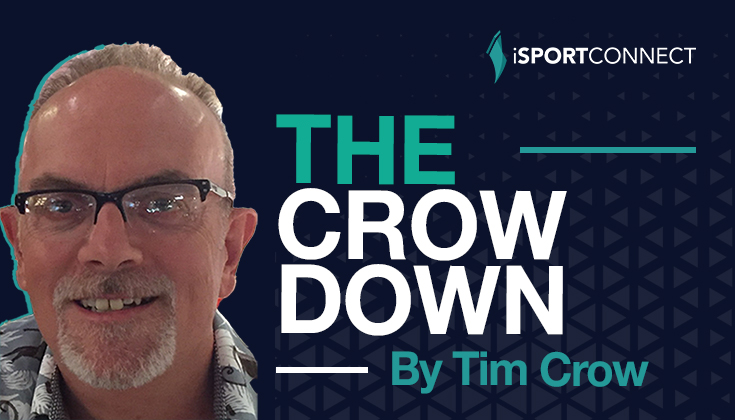Breaking Gets An Olympic Break: Can The IOC Make The Most Of The Opportunity? – The Crowdown
December 14, 2020
For December’s Crowdown, Tim Crow provides his insights and thoughts on the International Olympic Committee’s recent decision to make Breaking an Olympic sport and why it is crucial as the IOC looks to engage with young people.
The IOC announcement that it had ratified Paris 2024’s request to add breaking a.k.a. breakdancing to the Paris Olympic sports programme hit headlines worldwide and sparked a lot of commentary above and below the fold.
Some characterised breaking as an anachronism and questioned its potential to make the Games more appealing to the young, one of the IOC’s key strategic objectives.
Others cast it as part of a worldwide trend among owners and aggregators of secondary sports to streamline as well as modernise their offering.
“No disrespect to squash and its supporters, but if squash had been added to the Paris programme, the story would have been a footnote in the media.”
And many in the sports business world lamented that squash, after years of lobbying to join the Games, had once again been unsuccessful.
Let’s break those down, one by one.
No disrespect to squash and its supporters, but if squash had been added to the Paris programme, the story would have been a footnote in the media and a big fat ‘meh’ with most people – especially young people. And that matters if you’re in the game of trying to remain relevant, which the IOC very much is.
The IOC is also very much in the game of being less expensive, particularly for its most important customer, big cities, which is where the point about streamlining comes in. Once upon a time, pretty much the only point of Big Sport was to be Big – the Bigger the Better – and the Olympics sold itself as being The Biggest, which also meant being The Most Expensive. But this is now a Big Problem, because Big and Expensive are out, and Lean and Clean are in and here to stay. And breaking ticks both those boxes: no stadium required, just a space downtown – in this case, the Place de la Concorde.
But the most important point about breaking is that it’s anything but an anachronism. On the contrary, it’s an essential part of the DNA of hip hop – lest we forget, the world’s most popular art form, dominant among the urban young – and, largely out of sight of the mainstream media, it has experienced a massive renaissance since the turn of the century, not least in France, the second biggest hip hop culture in the world after the US.
“We’re also talking about a battle – for the Olympics and many other events and sports, an existential battle – to attract and retain young consumers.”
What that means is that, thanks to the Paris 2024 Organising Committee’s initiative, breaking has given the IOC a way to potentially make the Olympic Games relevant to the urban young worldwide in a way that they have never been before.
I stress potentially because it will not be easy. ‘If you build it, they will come’ won’t work. Skilled youth culture and music marketing will be required, and neither is natural territory for the IOC. We’re talking, remember, about an organisation which has never had a music strategy and whose anthem is a Greek hymn dating from 1896 which only the IOC knows or cares about.
We’re also talking about a battle – for the Olympics and many other events and sports, an existential battle – to attract and retain young consumers against the two most formidable competitors in its history: mobile devices and infinite rival content.
But by giving breaking its break in the Games, the IOC has given itself every chance, for two reasons.
“By using breaking to make music integral to its youth marketing, the IOC can hugely increase its engagement with the young and open up a major new revenue stream.”
One, music is the young’s number one passion. Always has been, always will be. Its emotional power is unrivalled. It is inherently global and viral. And thanks to streaming, it’s making big money again. By using breaking to make music integral to its youth marketing, the IOC can hugely increase its engagement with the young and open up a major new revenue stream.
Two, breaking will enable the IOC to bring the Games to the young rather than trying to bring the young to the Games. There is a difference, and it’s a big one.
Only time will tell if it works. But I suspect that in a few years’ time we’ll see LA 2028 wanting to repeat the trick, only that it will be esports making the headlines.


